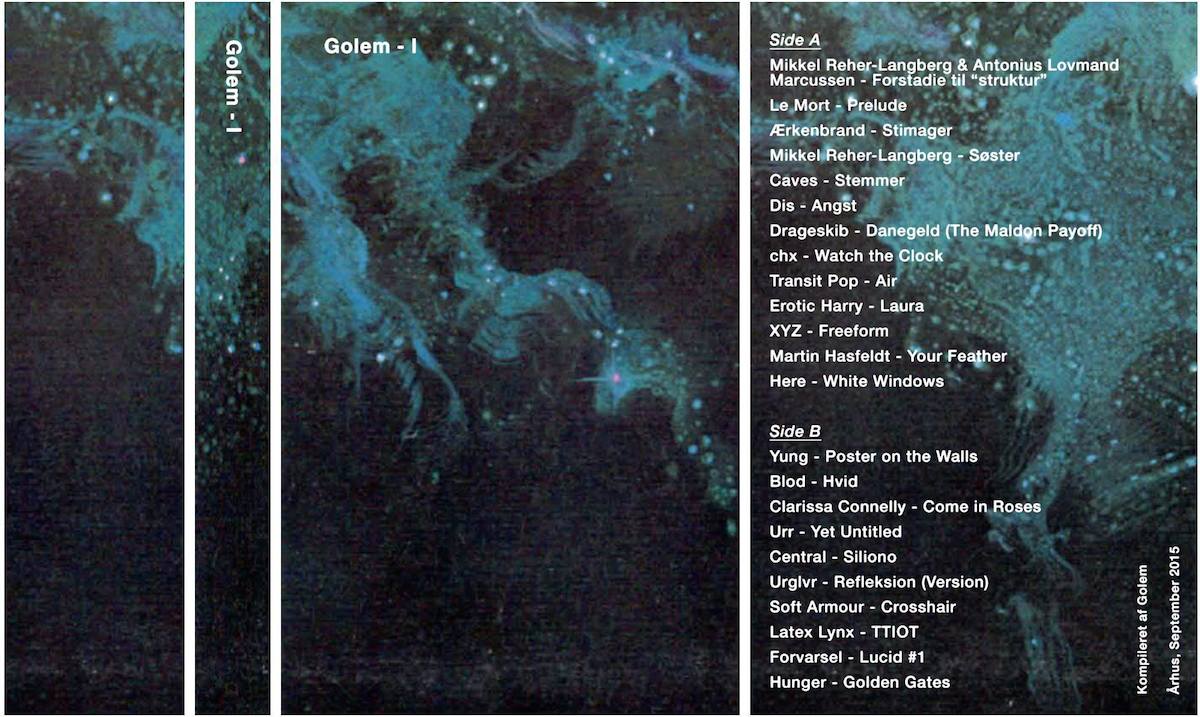Robert Turman – Beyond worldly values (interview)
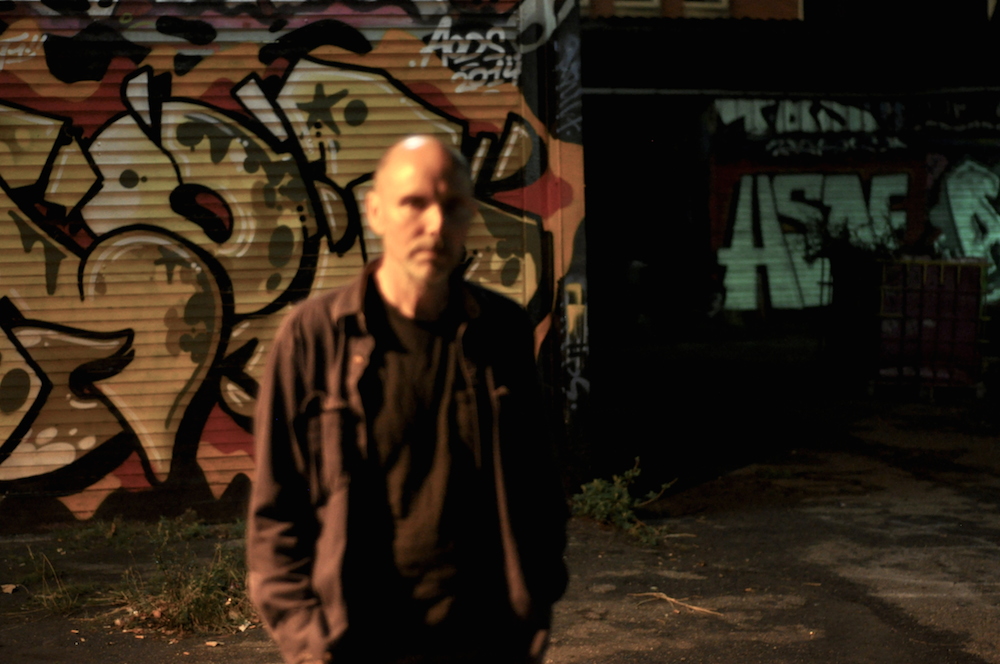
By Simon Christensen.
A rare interview with noise pioneer and former NON-member, Robert Turman, who a few years ago resumed his career and ventures in music from the 70’s and 80’s. That happened with help from a.o. Aaron Dilloway (Hanson Records) and Danish label Cejero, who released Turman’s latest record “Three Parts”, set up his European tour, and reminded us of the reserved musician’s extraordinary and groundbreaking works of art.
This interview was originally published in Passive/Aggressive ZINE #5 under the title Hinsides verdslige værdier. Photos are from Mayhem, August 2014.
P/A: Listening to your early work, there is a big difference between “Way Down” and “Beyond Painting”. What has been your inspiration to make music in such different ways? From the noisy stuff to the lyrical/ambient stuff?
Robert Turman (RT): I don’t know, there’s really no inspiration to create anything specific, probably just a sign of the times, what I was into at the moment, the equipment I was using, etc. “Way Down” was compiled from a collection of rhythms, more beat-oriented, it all just seemed to go together. “Beyond Painting” was improvisations during a certain time period, I was playing more guitar, more melodic stuff, I was trying to get away from the beat.
P/A: What do the albums “Flux” and “Beyond Painting” mean to you respectively?
RT: They’re the same thing basically, just different time periods, different instruments. “Flux” was actually recorded during a period where I didn’t want to hear ‘noise’ at all, didn’t want to hear anything that was happening at the time. I had borrowed a small xylophone from some friends, and it just happened. I also had a piano in the garage, stuck a microphone inside, and just improvised, layering tracks. Keep in mind, “Flux” was done in the oppressive heat of a Southern California summer. “Beyond Painting” was done the same way but with a keyboard and guitar. What do they mean to me? Probably the most personal music I’ve done, music I wanted to hear, that was the main thing, something to listen to, and maybe to let my mind wander, or not.
P/A: How was the scene for noise-bands and industrial music around you and NON in the 70’s, or how did you come upon making music like that?
RT: There was no one else at the time, except Throbbing Gristle, but nothing locally. Of course after we started, others began doing noise and experimental. I guess the idea was to strip music down to its most basic elements, finding beauty in everyday sounds. We were mostly doing big slabs of sound, or odd rhythms, but NON was becoming a bit too one-dimensional, then I had the idea to incorporate a bit more of a ‘pop music’ element, and recorded what became “Mode of Infection”, and decided I wanted to branch out a bit, beyond what we we’d been doing, stuff that didn’t quite fit the mold.
P/A: What are your means of expressing yourself, and how do you experiment with your machines and sounds?
RT: I’ve actually rarely used drum machines, although I did use a Roland 606 on the track “Lotek” on “Way Down”, mainly because I could sync it to my Echotron, which was my main instrument for years. The Echotron was pretty much the original sampler, a four second rackmount loop. I’ve gone through a few of them over the years but have finally had to resort to newer equipment, they were so old and damaged they became unreliable. My other main instrument for a long time was a cheap Yamaha sampling keyboard, all of “Way Down” and “Beyond Painting” were done using that, along with guitar and tapes. It’s funny that a lot of people think “Beyond Painting” is all loops, when really all of the pieces are based around a single loop, and the instruments actually played and layered over the top. These days I’m using a couple of AKAI Head Rush pedals, they give me a bit of the capability of the Echotrons, but so far I’m fairly disappointed in most modern equipment, then whatever instruments I have at hand, tape, piano, keyboards, guitar, whatever.
P/A: I consider your music to be crossing into a field of – let’s call it – “abstract art”. How would you comment on that notion? And what purpose does “noise”-music serve? What does it bring to the table as an art form?
RT: I’ll allow that, ‘abstract art’, although it’s not intentional, it’s just the way it comes out sometimes. As far as ‘noise’, I find that a bit limiting, I mean, it’s all noise, isn’t it? Noise is just a small part of what I do, I’ve been accused of not being into ‘noise’, but that’s just because there are so many other possibilities, why confine myself to one genre?
P/A: How do you like working with Cejero, Rashad Becker and release Three Parts with them? What did that mean to you?
RT: I can’t begin to express how I feel about my partnership with Cejero, my good friends Thomas Buhl-Wiggers and Emil Kragh-Schwarz have done so much to promote my music and help me with booking shows, something I’m not good at myself. It has really helped to have someone looking at what I do from the outside, and the hospitality from them during my times in Denmark has just been amazing. The music for “Three Parts” has been some of my favorite for years, and it was an honor to have Cejero release it. It was a pleasure to meet Rashad Becker recently in Italy, after he’s done such amazing work mastering some of my music, hopefully there will be more in the future.
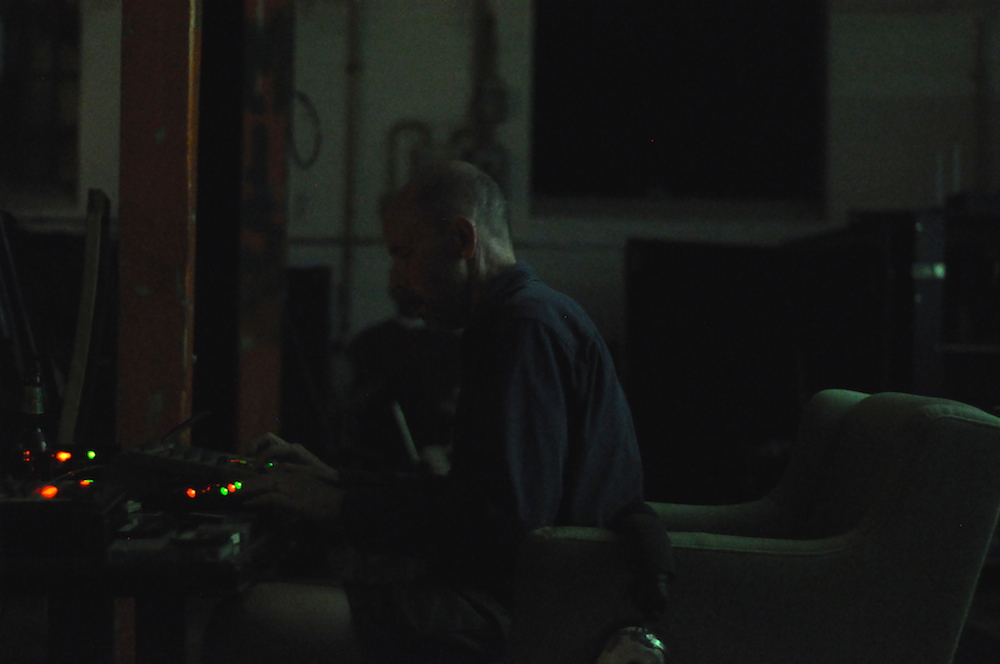
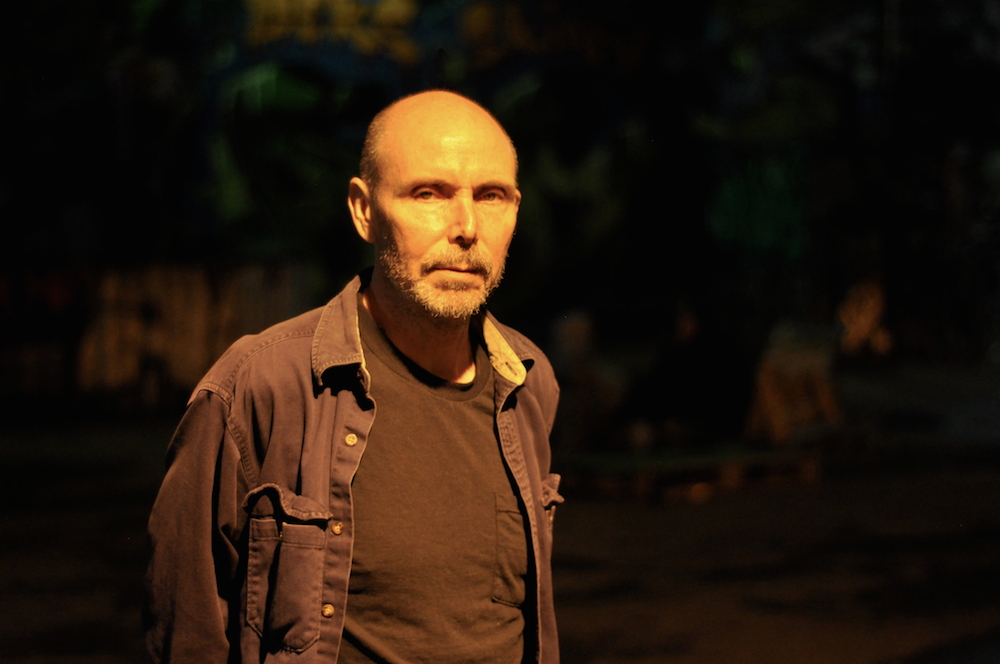
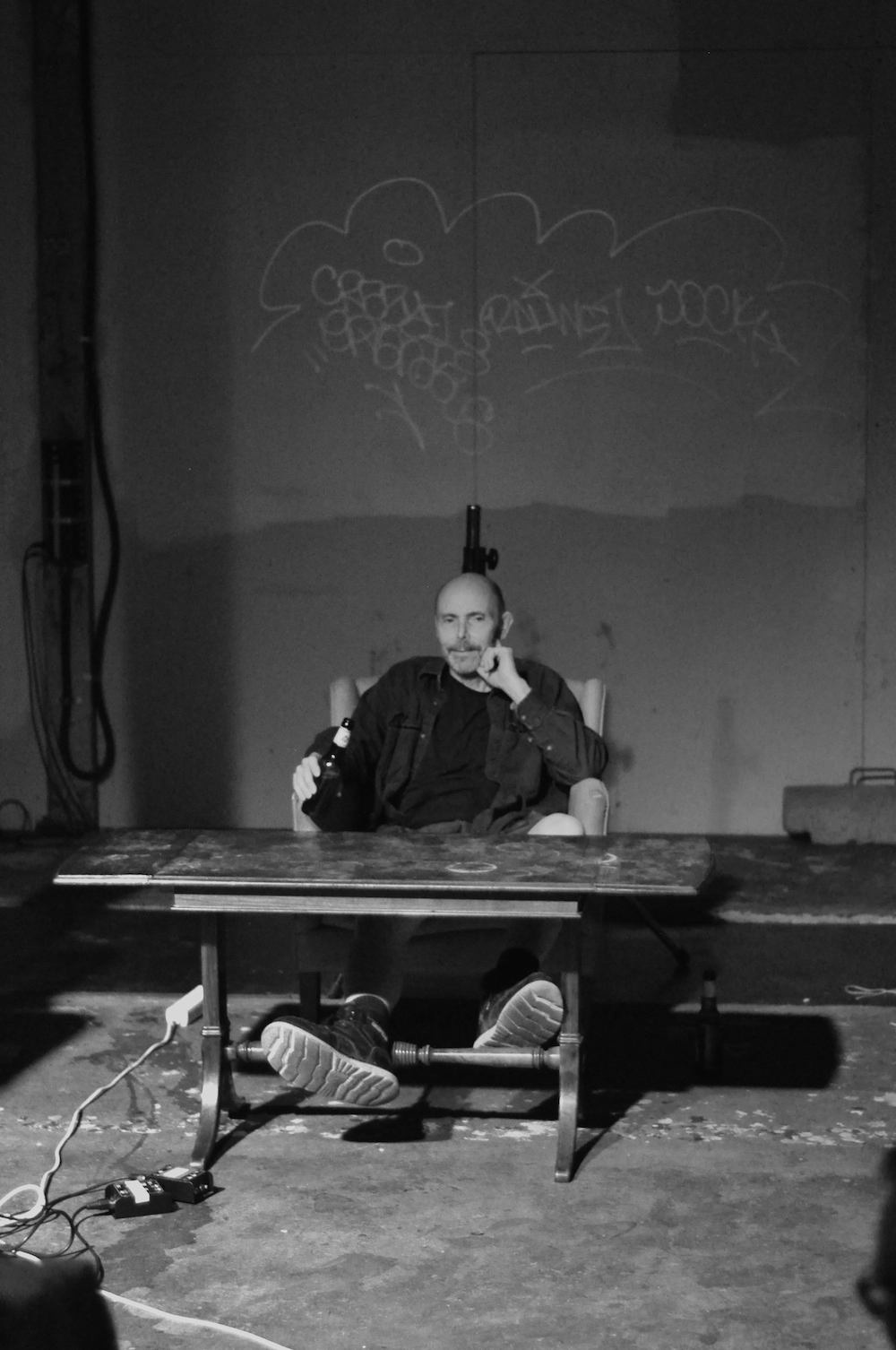
P/A: What is your connection with Aaron Dilloway and Hanson Records, and how is your daily life in Ohio? (If you still live there?)
RT: Yes, I live in Ohio, for ten years now. Aaron is one of my best friends and has helped me immensely. He got me out of my shell and exposed a whole world I didn’t know even existed. As far as my daily life, I have to work a menial job just to get by, but we live in a very small town in the country, and I’m lucky to have my wife, a home, our dog and two cats to keep me somewhat sane. Otherwise I’d probably be living on the street.
P/A: Recently you have been actively touring again, re-releasing old albums on LP and made your music available on the internet. What do you plan for the future? … On your last tour it seemed like you were playing a combo of old and new stuff. Is that correct?
RT: I’ve had to adapt to playing live, I never did that in the old days. All of my recorded music is impossible to present live by myself, so I’ve had to come up with something that hopefully gives the same feeling, but in a more improvised way. The recent tour did incorporate elements of some of the recorded music, just in a more cut-up, disjointed way, developing different rhythms using some of the same sounds. It’s all fairly random, so it’s always different. I’m currently working on an album of new material, possibly incorporating some of the live stuff, along with new techniques I learned while playing, but we’ll see what happens, there’s never a plan.
Selected discography
Robert Turman – “Flux” (1981/2012)
Robert Turman – “Spirals of Everlasting Change” (Actual Tapes 1987/2011/2014)
Robert Turman – “Way Down” (Actual Tapes 1987/2010/2014)
Robert Turman – “Beyond Painting” (Actual Tapes 1990/2010/2013)
Robert Turman & Aaron Dilloway – “Blizzard” (Hanson Records 2009)
Robert Turman – “Roto” (Hanson Records 2012)
Robert Turman – “Three Parts” (Cejero 2014)
Info: Robert Turman is in Europe this month. March 11: Hanover, Oberdeck. March 12: Golden Pudel (w. Helena Hauff). March 13: Bremen, Zakk (w. Sleazy Pictures of Teapee) and March 17: Copenhagen, Jazzhouse (w. Charles Cohen). (RSVP)



